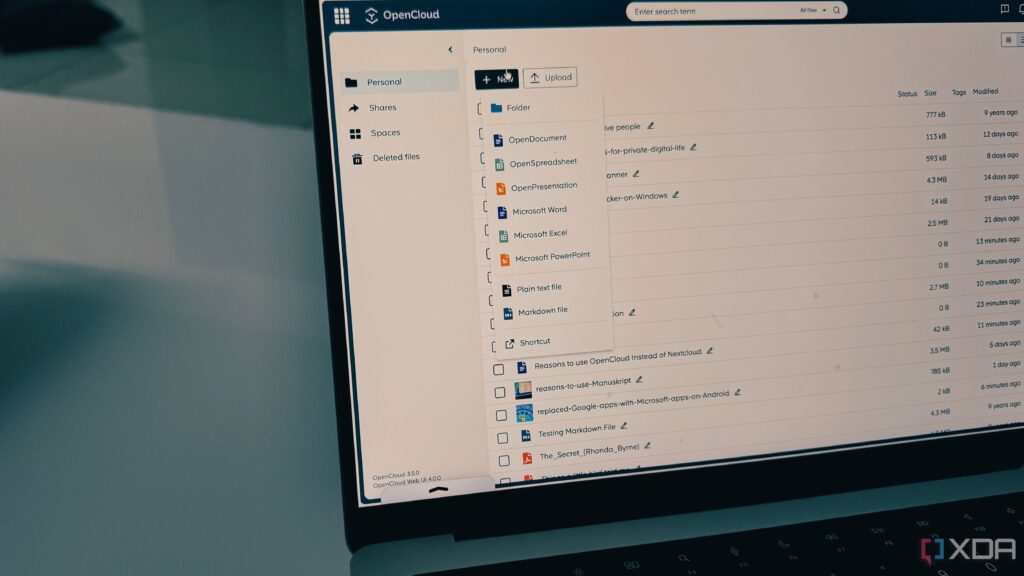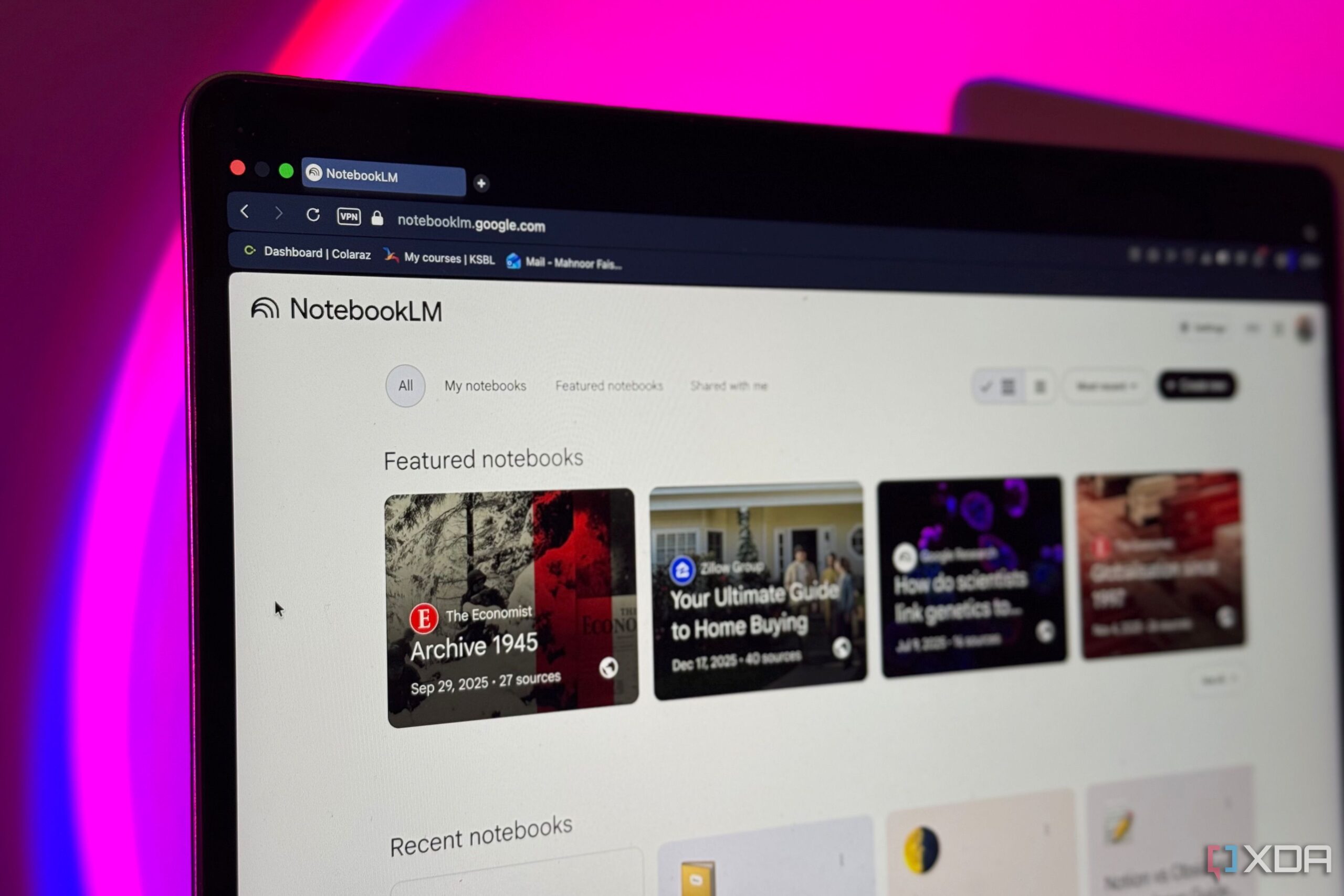
BREAKING: A revolutionary approach to cloud storage has emerged, as users report slashing their cloud bills to zero with a simple self-hosted Docker setup. Just announced, this innovative method combines only two containers—Syncthing and OpenCloud—to deliver seamless file management without the hefty subscription fees.
Cloud services often come with hidden costs and a loss of data control, but many users are discovering a game-changing alternative. By deploying Syncthing for decentralized file synchronization and OpenCloud for enhanced user interface, individuals are experiencing remarkable savings and increased efficiency.
Imagine being able to transfer files between devices in mere seconds, bypassing the frustrations of traditional cloud services like Google Drive and OneDrive. With Syncthing, files are transferred directly over local Wi-Fi without relying on a central server, enabling immediate access to essential documents. This approach not only saves money but also guarantees data privacy, a growing concern in today’s digital landscape.
Users are reporting that with just a few setup steps, Syncthing allows for two-way synchronization, ensuring that any edits made on one device are instantly reflected on another. For example, a user who takes a screenshot on their phone can have it available on their laptop within seconds, avoiding delays associated with traditional services that require uploads and downloads.
Meanwhile, OpenCloud serves as the centralized hub for users’ files, mimicking the polished features of mainstream platforms while eliminating the need for costly subscriptions. Users can access their files from any web browser, share securely, and even utilize a built-in office suite for document management. The speed and efficiency of this setup have left many users thrilled about the newfound independence from big tech companies.
The combined use of Syncthing and OpenCloud has not only revolutionized personal file management but has also sparked discussions on the future of cloud independence. Users are now able to run a fully functional, customizable system tailored to their specific needs without recurring fees.
For those looking to take control of their digital lives and cut costs, this self-hosted Docker solution is proving to be a game changer. As the technology gains traction, it’s clear that users are eager to share their success stories and encourage others to follow suit. Early adopters are already heralding this as a blueprint for achieving cloud independence.
The implications are significant: with zero dollars spent on file synchronization and full control over security, this development could reshape how individuals and businesses approach data management.
As more users discover this efficient alternative, the question arises: are we witnessing the dawn of a new era in cloud storage? Keep an eye on this trend, as it continues to unfold and reshape the industry.
Stay tuned for further updates on this developing story!






